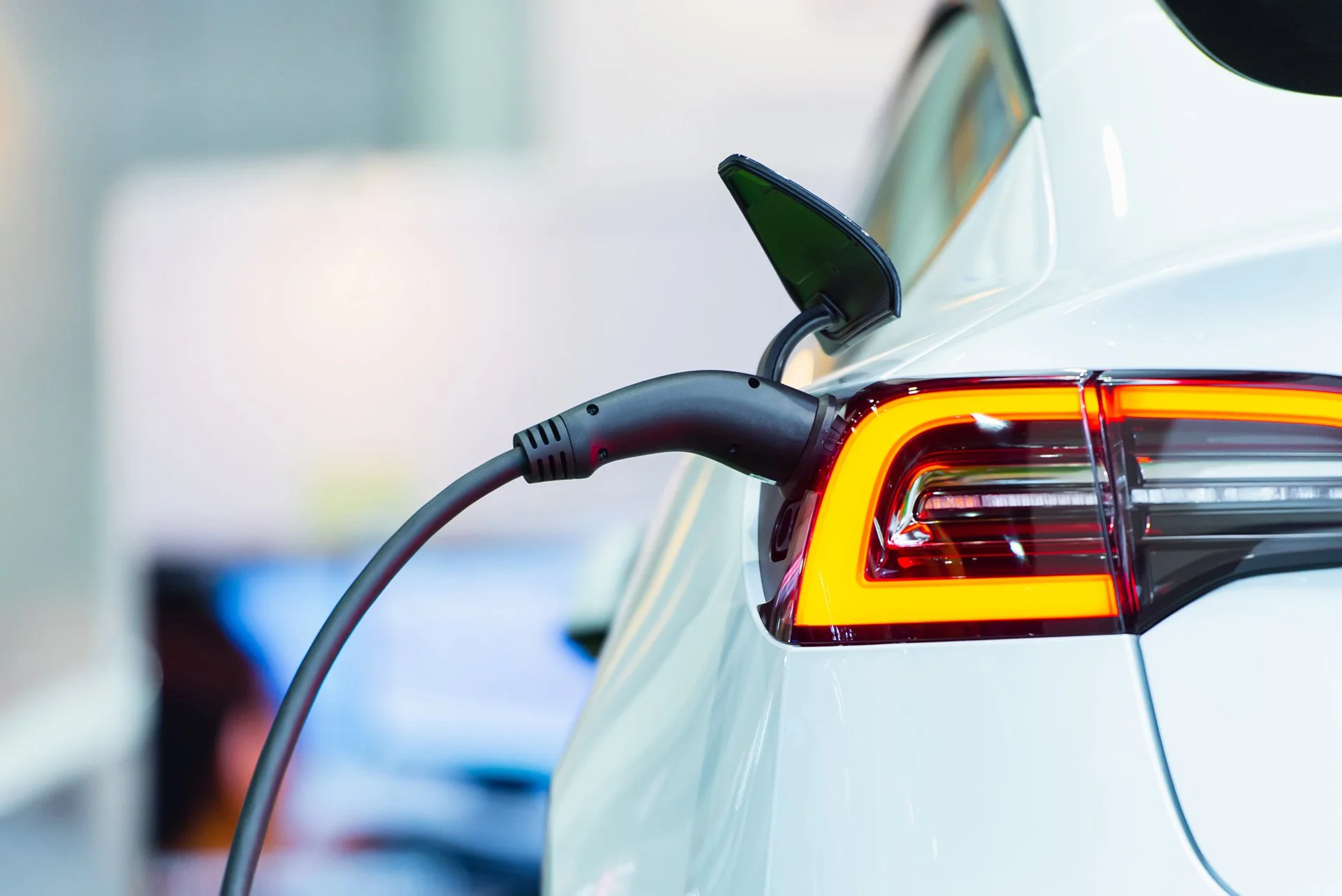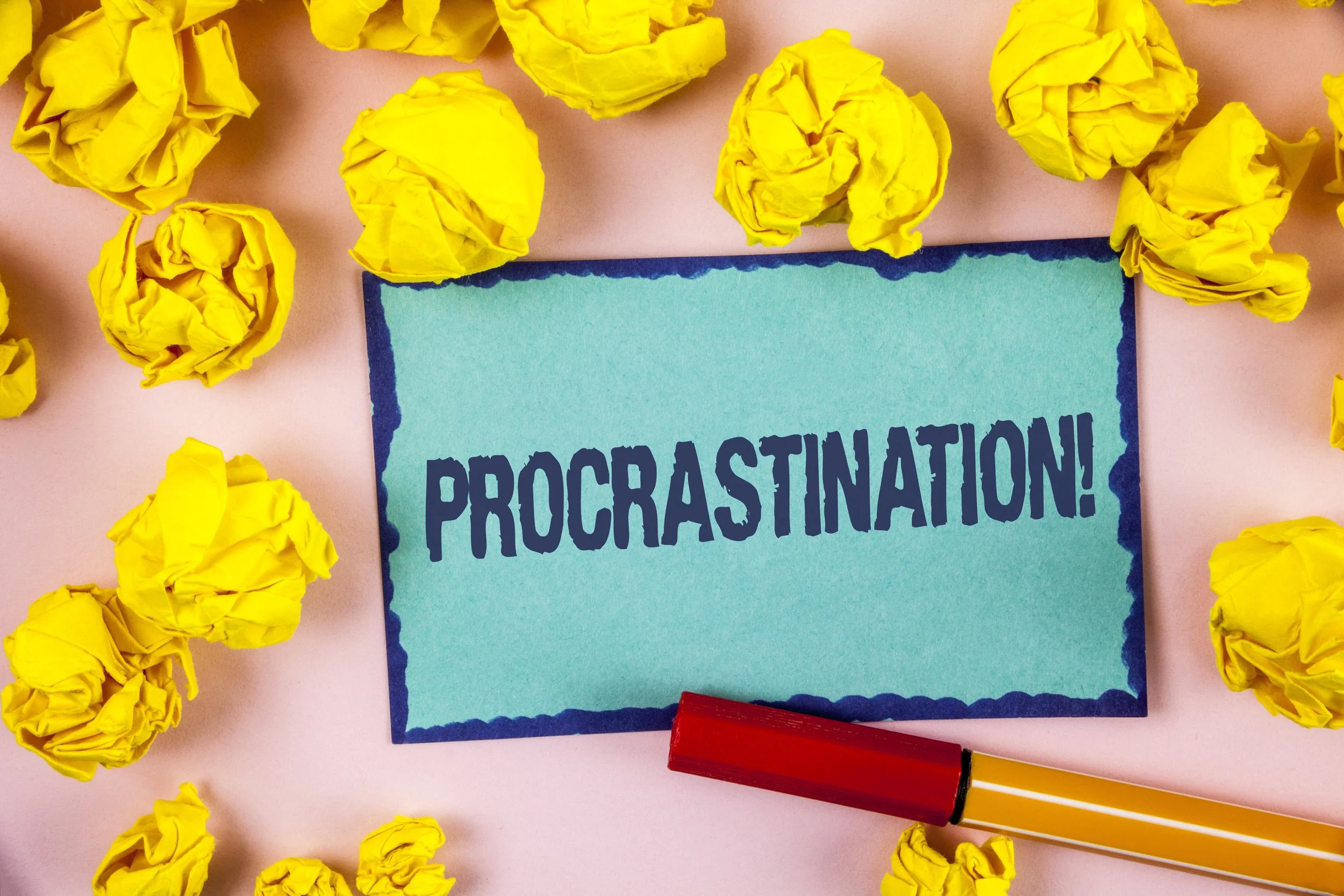Behaviour-led tips, advice, insights and thinking
Ads on Alexa: The Behaviours Agency's take on Amazon's next frontier
Ads on Alexa: The Behaviours Agency's take on Amazon's next frontier
12 Surprising Insights from Nudgestock 2024
Here are 12 of the most surprising insights that we learnt at Nudgestock 2024
The Happiness Effect: How brands build long-lasting memories
The role of the psychology of happiness and how brands build long-lasting memories.
Be the first brand that comes to mind
In the fast-paced world of advertising and marketing, the concept of brand “mental availability” has become a bit of a buzzword. But what does it really mean for your brand, and how can you harness it to drive better results?
Transform your customers’ purchasing behaviour with our simple framework
Six categories of behavioural biases that will help you successfully navigate consumer decision-making.
Savouring lifetime value
Happiness thinking shows us how to use savouring to increase lifetime value.
Build competitive advantage with happiness thinking
How happiness thinking can build competitive advantage into your brand and customer journey.
Reciprocity bias
Reciprocity bias. In response to friendly actions, people are frequently much nicer and much more cooperative than predicted.
Procrastination bias
Procrastination Bias. Your brain places higher value on immediate rewards than it does on those that might be earned in the future.
Hot State decision making
High levels of emotion, or when we’re in a ‘hot state’, can impact the rational process of making a decision. We’re lured in by what we’re feeling at the time, so may ignore or downplay other important factors that have long-term effects.
Keats Heuristic
Keats Heuristic. We tend to judge expressions or phrases that rhyme as more accurate or truthful, and recall them easier.





















